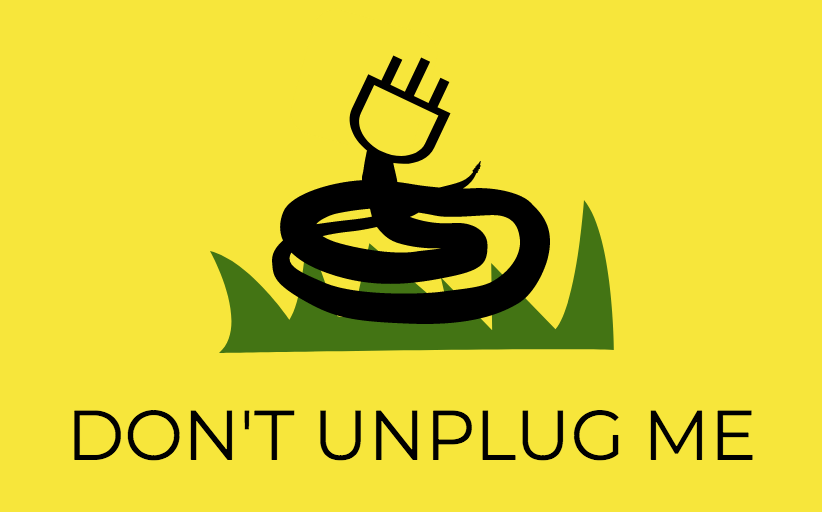Internet “open” for business
Federal Communications Commission repeals net neutrality
December 15, 2017
The FCC voted to repeal net neutrality in a three to two vote yesterday. Net neutrality is a set of laws preventing internet providers from throttling the speeds of any website or blocking sites. In addition, it prevents internet providers from charging an extra fee for visiting a website.
Since the vote, there has been speculation on what exactly to what will happen to the internet. Everything from internet service provider censorship to paying for previously free apps have been discussed.
According to an article by Aimee Pitch from CBS News, experts say most changes to the internet will not happen all at once.
“Some internet service providers are vowing to stand by the principles of net neutrality, although whether or not they’ll remain true to those vows is debatable, given there’s now no enforcement if they violate those ideals.” Pitch wrote.
No matter which changes are made all are now legal under the deregulation of net neutrality. All companies have to do is post their new polices online.
“Broadband providers insist they won’t do anything that harms the ‘internet experience’ for consumers,” Pitch wrote.
Major defenders of net neutrality include Google, Netflix, Reddit, Microsoft, Amazon and Kickstarter.
Those in favor of repealing net neutrality believe that the removal of the rules will push for future competition between internet service providers (ISPs).
“Broadband providers will have more incentive to build networks, especially to underserved areas.” FCC Chairman Ajit Pai said in an interview with the New York Times.
Defenders of net neutrality argue that the lack of regulations will harm consumers as companies have the power to charge people for accusing sites and slowing down internet speeds.
There is a way to prevent the ruling however. Congress can impose the congressional review act to overturn the ruling. Contact your congress people here to share your feelings about net neutrality.
















